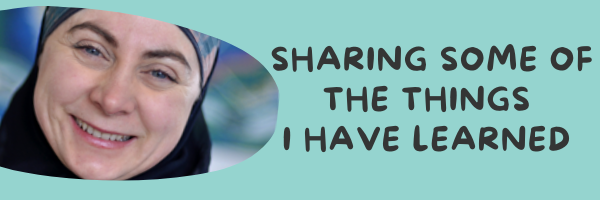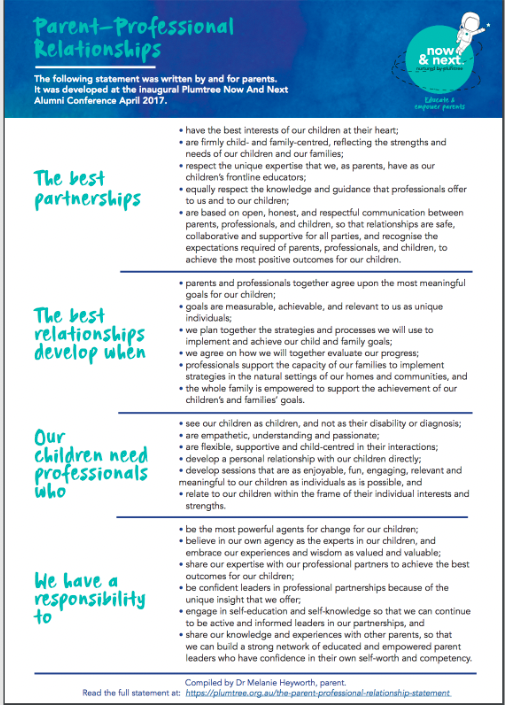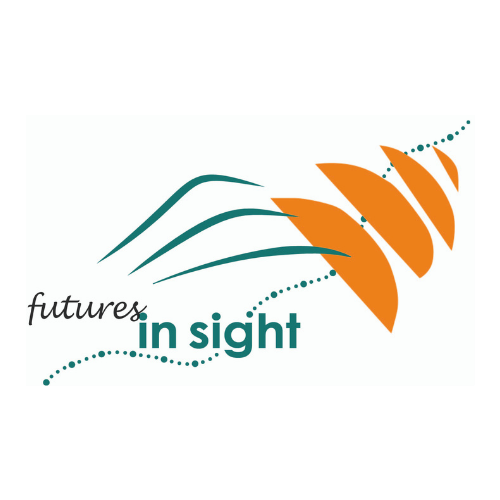|
We are lucky to tap into the wisdom and experiences of Sylvana Mahmic, Mum to a bunch of kids, CEO at Plumtree an Early Intervention Service and member of the Independent Advisory Council (IAC) to the NDIA. Sylvana also chairs the Children, Young People and Families Reference Group of the IAC. She has been an innovator: she and her son Abdul- Karim have been doing great stuff long before the NDIA came along (check him out here ). To us, she’s a legend and so we asked her about some of the things she has learned over the years: “All parents want a good life for their children as they grow and become adults. What can we do to develop their authentic involvement in their life decisions to become independent young adults? Here are a few things that I have learned over the past decades through my experiences as a mother and through my work with families of young children: 1. Embrace the strength of our children The single most important thing I have learned is finding your child’s strength and focusing on this all the time. Every child has strengths and interests, and they can be found in early childhood. By focusing on these and sharing them with other people our children’s wellbeing will thrive. They grow in confidence and develop their abilities when we help them to follow their interests. 2. Children are a part of their families and communities The family is a child’s first learning environment. The way we talk, interact, and play with our children are the building blocks for their development. We may need help to learn how to do this with little children and it can be helpful to connect with professionals to learn how to do this. However, professionals can only do so much. Don’t forget: professionals come and go, but the family is there for the long term. Being a part of the community helps both children and their families. For children, inclusion is a core principle in intervention. Experiencing and participating in activities outside of the home help pave the way for them to become independent and capable through stimulating language, learning and developing social skills. They also provide natural opportunities for friendships to develop too. For families, being connected to friends, work, leisure, study, or interests is essential for our wellbeing too. 3. Active/ respectful partnerships with professionals When families with very young children are diagnosed with a delay or disability, they are usually referred to specialist services. Therapy is generally foremost in parents’ minds. While important, there is more to disability support than therapy and formal services. These are helpful when needed, and become less important as a child becomes older, more skilled and independent. If you do connect with professionals, then take some time to learn how to understand and to work actively with them to get the best for your child and family.
With these four ideas, we as families can start from a position of hope, potential and expectations for a full life for our children. We can expect a future filled with opportunities for our sons and daughters that includes friendships, a sense of belonging and purpose. Providing this very early on for our children is an investment in their future.”
1 Comment
Leave a Reply. |
|
For more information about the NDIA and our registration please click here
NDIS Registration Number: 405 003 6622
|
Contact Usphone:
Donna 0432 414 210 Barbel 0468 312 515 Diana 0450 739 514 PO BOX 882 Marrickville NSW 1475 |
SoverACKNOWLEDGEMENT
We acknowledge that our work is conducted on the lands of Aboriginal and Torres Strait Islander nations.
We pay our respects to Elders past, present and future, for they hold the memories, traditions, Cultures and aspirations of Aboriginal and Torres Strait Islander communities. Sovereignty was never ceded.
We acknowledge that our work is conducted on the lands of Aboriginal and Torres Strait Islander nations.
We pay our respects to Elders past, present and future, for they hold the memories, traditions, Cultures and aspirations of Aboriginal and Torres Strait Islander communities. Sovereignty was never ceded.
futures in sight - copyright: 2024


 RSS Feed
RSS Feed

